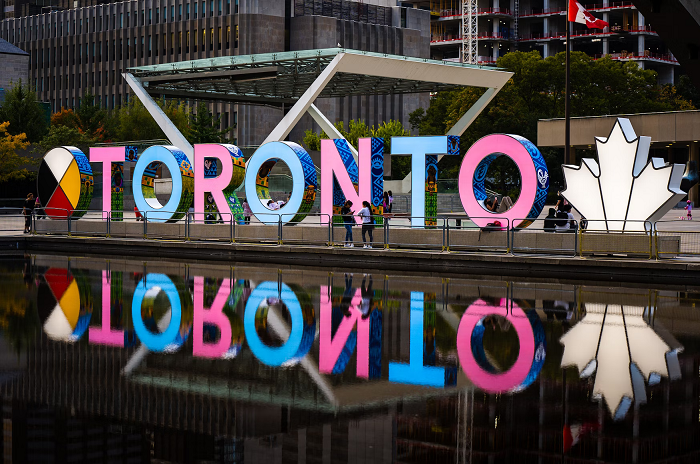Market Update for June 30

Olivia Chow Is Now Mayor of Toronto. Here’s How She Plans To ‘Fix’ Housing.
Olivia Chow was elected Mayor of Toronto during Monday’s by-election. And now the conversation shifts to what she will do to solve some of the chronic housing problems facing Toronto — and mind you, that will be without the help of strong mayor powers, which Chow has maintained she will not be utilizing during her term.
Greater Advocacy for Renters – Chow has laid out a number of renter-centric goals over the course of her campaign. One of her earlier promises was that she will establish a Renters Action Committee composed of City staff, renters, housing providers, and advocates. This dedicated task force would create anti-renoviction bylaws, advocate for real rent control, and review existing policies and programs related to renters.
She also seems to be all for bringing back rent control in Toronto — which, of course, isn’t under her jurisdiction, but she has said she will do her part in ‘urging’ the Ontario government to institute real rent control for all rental units.
Upping The Vacant Home Tax – One of Chow’s more controversial initiatives will be to raise the Vacant Home Tax to 3%. She intends to use those funds to support the City’s existing affordable housing initiatives, including rent supplements.
Also, on the topic of the Vacant Home Tax, Chow has spoken about combating some of the confusion surrounding the tax — particularly as it pertains to non- English speaking residents — with the use of public education facilitators and the creation of an information hotline.
Chow has additionally proposed raising the Municipal Land Transfer Tax on luxury homes, with new graduated rates on purchases of homes valued at $3 million and over. Those funds, garnered from less than 2% of home sales each year, will go towards supporting those experiencing homelessness.
Affordable Housing On City-Owned Land – As Toronto continues to grapple with a worsening housing crisis, Chow has vowed to build 25,000 rent-controlled homes over the next eight years on City-owned land. This is a move that would see the City act as the developer, taking the onus off of the private sector.
Of those 25,000 units, at least 7,500 would be affordable units and at least 2,500 would be rent-geared-to-income. To that end, she will streamline and simplify the approval process — and more specifically, that she hopes to “batch up” applications to get them off the ground more efficiently. This plan, she has said, will complement the City’s existing housing programs and initiatives, including Housing Now and the recently approved multiplex allowances.
Chow has also said that she is all for building up density on main streets and along transit routes, saying that building up affordable and dense housing near the transit corridor helps city residents while also cutting down on parking requirements and supporting TTC ridership.
Strengthened Homelessness Supports – Toronto’s growing homeless population — and the unsafe conditions they face living on the streets — is not lost on Chow, who has said she will strengthen the City’s approach to supporting people struggling with homelessness and keeping people housed.
More specifically, Chow plans to create 1,000 new rent supplements to help people secure permanent housing, open new 24/7 respite spaces, and establish a new fund for services, which will be under the scope of community agencies, front-line workers, and people who have experienced homelessness themselves.
Finally Property Taxes – Chow has refused to provide a number for how much she would raise taxes, saying only that any increase would be “modest.”
Chow said that no one can predict what interest or inflation rates will be by the start of the 2024 budget process, or what type of down payment the city might require on priorities like her affordable housing plan. “So, all of that combined is what leads me to being straight up and honest and saying, I can’t tell you precisely what percentage it’s going to be,” she said.
Chow said the city’s $1.5 billion operating shortfall is too large to address through property taxes alone, so she has vowed to secure funding from other levels of government to help fill the gap.
Property taxes are expected to generate about $4.9 billion for the city this year, and account for about 30 per cent of the municipality’s $16.2 billion operating budget, the largest single source.